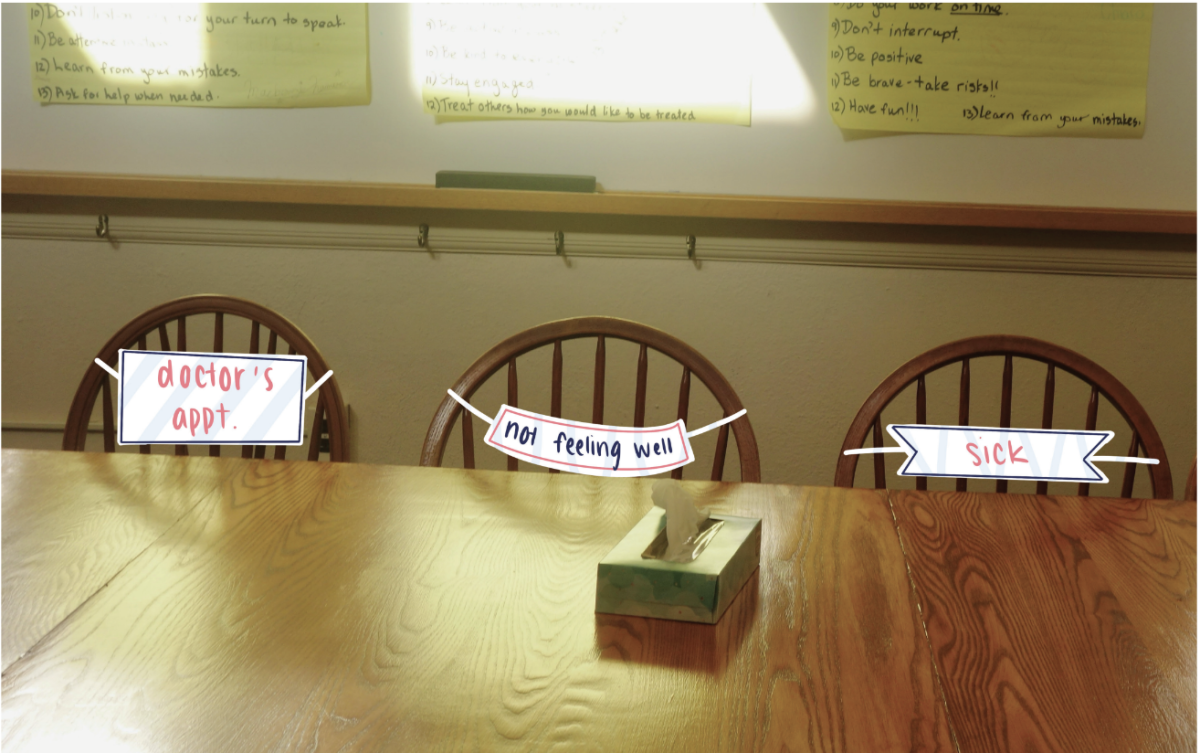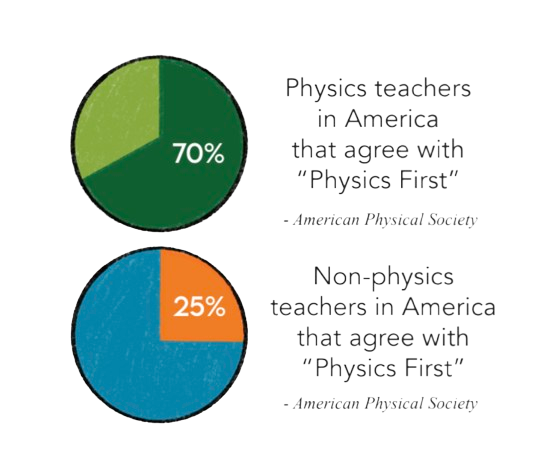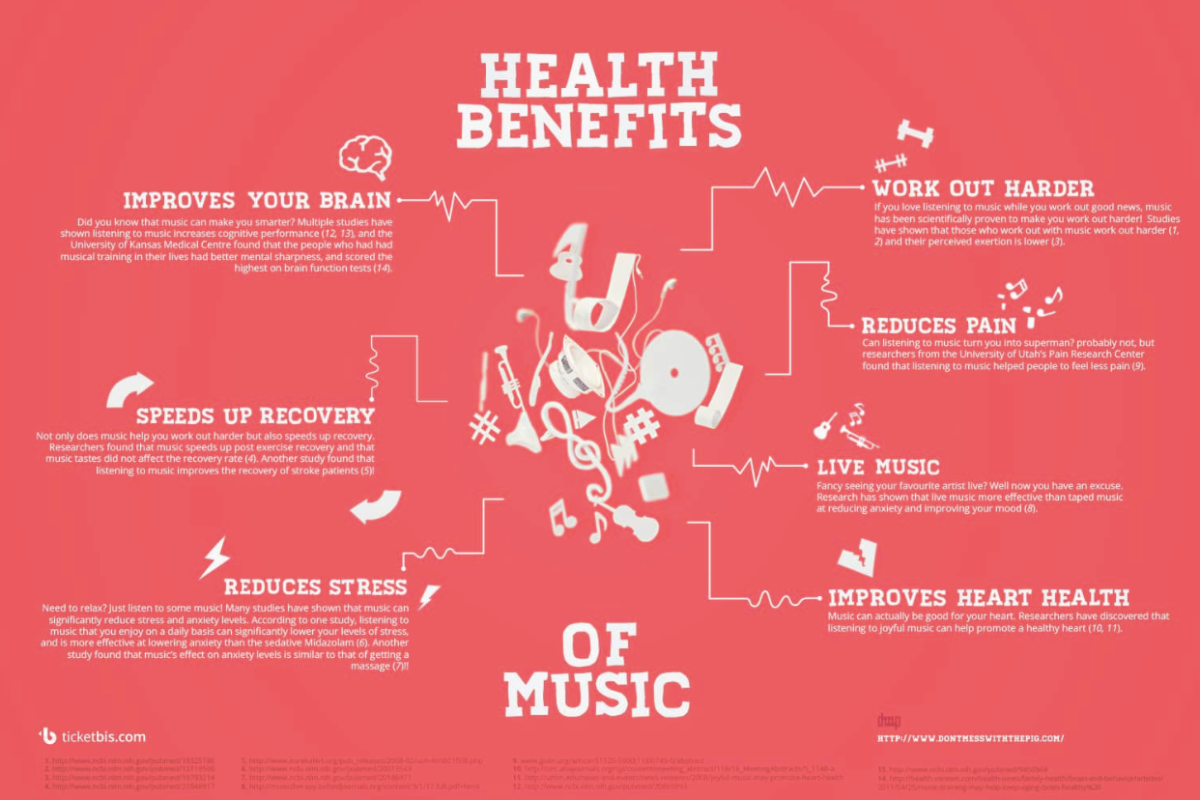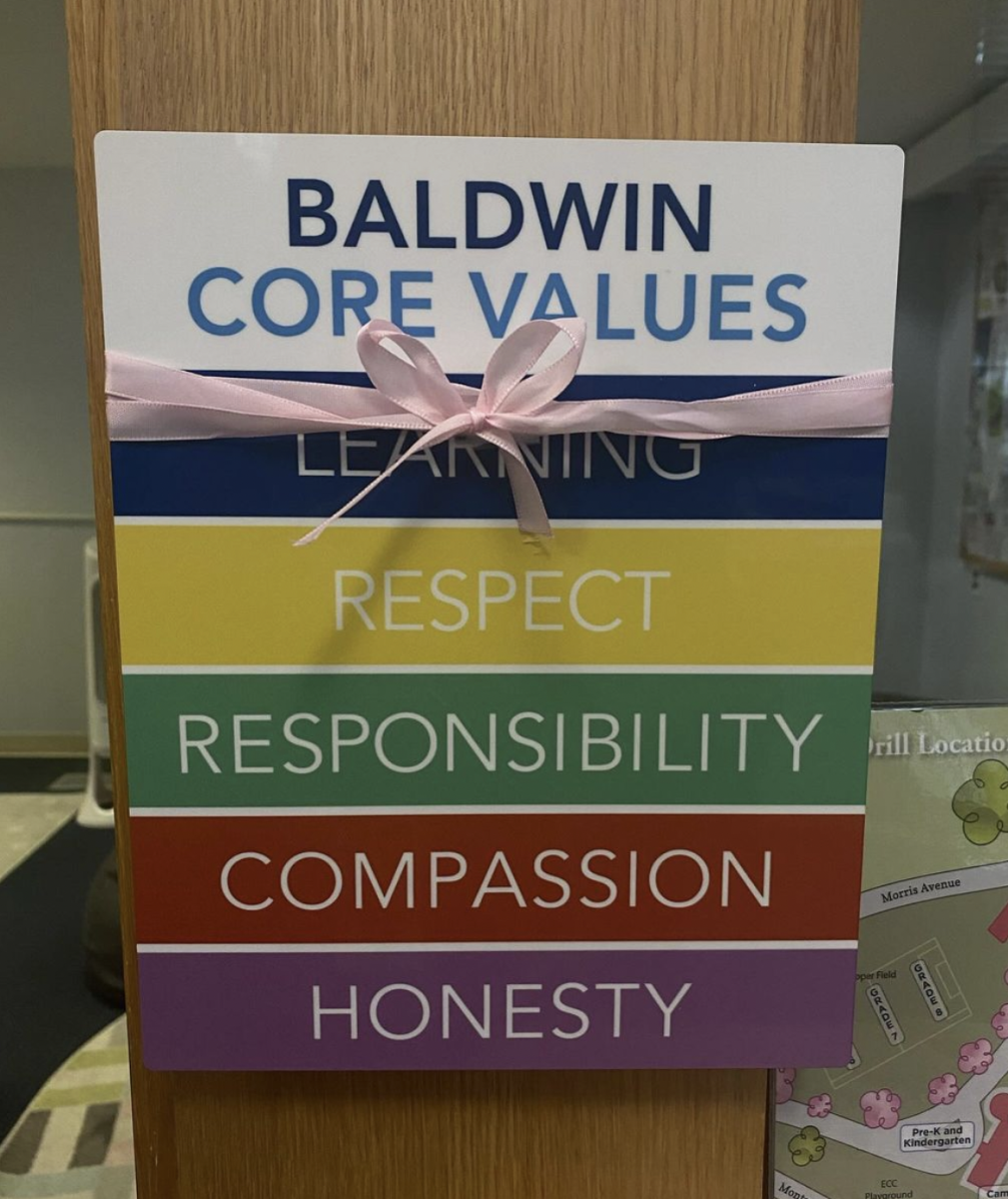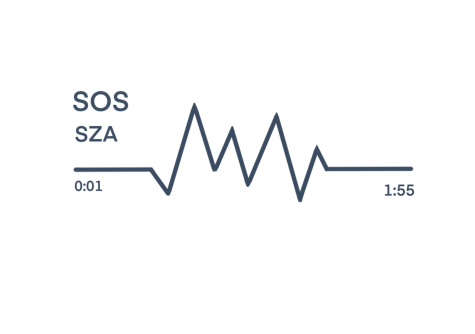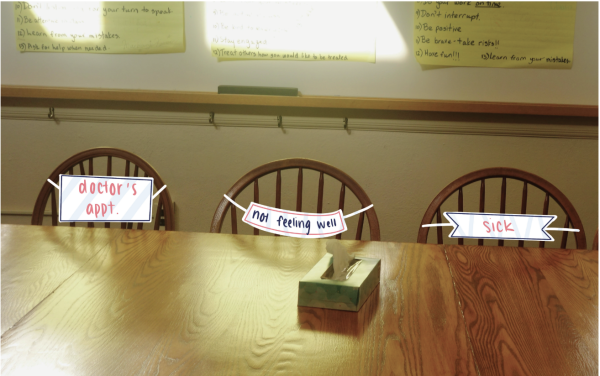Does hiding students’ averages on Canvas really help?
Baldwin’s tactics to decrease stress, obsession, and competition lie in hiding students’ average grades. How effective is it?
We’ve all had that gut-wrenching feeling: walking out of a class knowing you absolutely bombed the test you just took. For many, there may be feelings of anxiety or disappointment, and for the more dramatic students, it might manifest in a sense of impending doom.
As students, we are constantly being reminded that our grades don’t define us or reflect our intelligence. Obviously, this is true: a singular grade doesn’t directly speak to one’s intellect or aptitude. Knowing this, you might think that dwelling over a bad grade is pointless. However, when you take a closer look at Baldwin students’ experiences with their grades and tendency to dwell on them, it’s easier to sympathize.
At Baldwin, teachers and students use the online platform Canvas to assign work, publish notes, set reminders, and turn in certain assignments. In this regard, Canvas is sufficient—the complaints with the website only tend to begin when discussing Baldwin’s use of it.
Unlike most schools, Baldwin chooses to not publish students’ average grades for their classes on Canvas. For faculty, this tactic allows them more flexibility to adjust the weight of their assignments depending on overall student performance, something that would be difficult to communicate to parents and students mid-quarter.
Students’ perception of this tactic, however, revolves a bit more around another aspect of academic performance: stress. This method is supposed to decrease students’ grade-related anxiety, but is it really as effective as administrators think?
A 2019 report by Pew Research Center found that 70 percent of surveyed high-schoolers consider anxiety and depression prevalent within their community, with “the pressure to get good grades as the most significant factor” leading to these issues. With data such as this, it seems understandable that Baldwin would prohibit students from seeing their average grades throughout the year.
However, while this study shows that anxiety and depression arise when pressure to get good grades does, most students at Baldwin attribute their anxiety to something a bit different: the unknown.
The reason Baldwin students feel so disappointed when they do poorly on a test isn’t just because they feel upset with themselves, but also because they have no idea how one grade will affect their average grade for that entire class.
Avani Shah-Lipman ‘25 says, “It just makes me annoyed. How much did my one test grade actually affect my overall grade? I’ll never know!”
Many students possess that same mindset. Not knowing where your grade stands in a class can cause unnecessary stress, especially around report card season. Lauren Halak ‘24 notes, “It makes my mental health especially poor when grades do come out, because the suspense just builds up and I have no idea what to expect.”
On top of internal stress and anxiety, many students voiced struggles that could arise with their parents. Parents and students get notified simultaneously when report cards are released, meaning both parties are concurrently looking at them for the first time. If students were able to see their averages throughout the quarter, however, they would be more prepared to talk to their parents and discuss their grades.
Some think that at an academically rigorous school like Baldwin, the competitive and obsessive culture surrounding grades is almost inevitable. Despite this, a handful of students do think that Baldwin’s efforts to create a more calm atmosphere are effective. Christa Kay ‘23 says, “I think [not being able to see grade averages] has a positive impact on keeping students calm and less psychotic. Imagine if Baldwin students saw their grades all the time. They would go crazy.”
For the vast majority of students, being able to see their grades would boost their motivation and alleviate unnecessary stress. However, there’s a reason Baldwin doesn’t publish them, and we may be discrediting their efforts more than we should. Maybe one day Baldwin will let students see their averages, but for now, students will just have to remain in the dark about their grades until report cards roll around.






